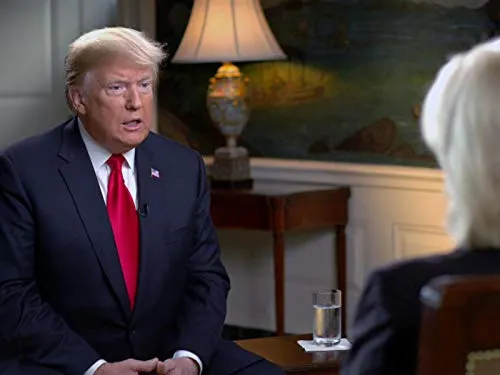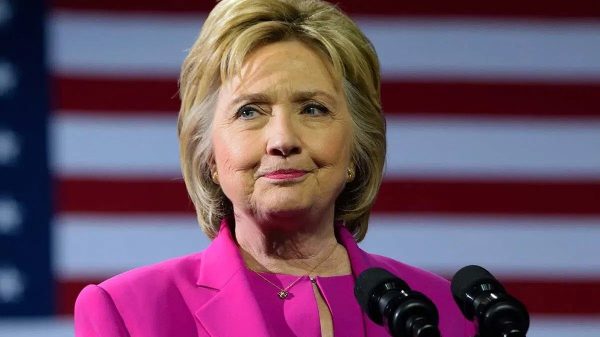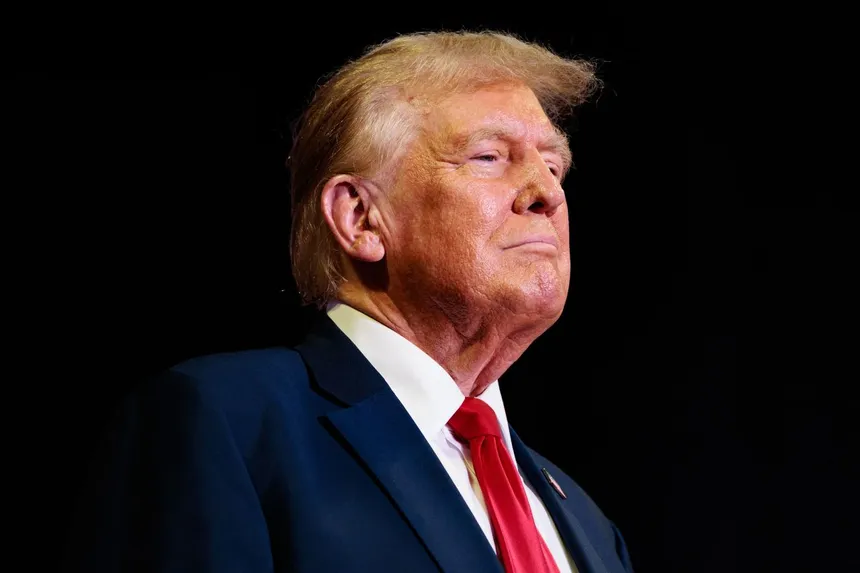In a development that may seem favorable to Donald Trump, the criminal case against him for mishandling classified documents will be overseen by US District Judge Aileen Cannon, who issued rulings in his favor last year and has expressed skepticism about Justice Department positions. This news may provide a rare glimmer of hope for the former president, who faces a daunting indictment with several criminal charges, including the possibility of a years-long prison sentence.
Judge Cannon’s previous ruling in favor of Trump’s legal team, which granted his request for a special master to review the classified documents seized from his Florida property, was temporary and ultimately overturned by a federal appeals court. However, the fact that she has been assigned to oversee the case may suggest a more sympathetic ear for Trump’s legal arguments.
Meanwhile, two of Trump’s lawyers, James Trusty and John Rowley, have resigned from their roles, with Trusty stating that he was notified by prosecutors shortly before Trump announced his indictment on Truth Social. Trump has subsequently announced that he will be represented by Todd Blanche, a lawyer who has worked with him on a separate prosecution in New York, and other yet-to-be-named attorneys.
The indictment, which is expected to be made public before a historic court appearance next week, carries significant legal and political implications. Trump faces the possibility of prison if convicted, and the indictment may also upend the Republican presidential primary, which he had been dominating. Moreover, the case sets the stage for a sensational trial centered on claims that Trump, once entrusted with safeguarding national secrets, willfully and illegally hoarded sensitive national security information after leaving office.

Donald Trump (Via Donald Trump/Twitter)
The charges against Trump include seven criminal counts, including wilful retention of national defence information, obstruction, false statements, and conspiracy. The case is a milestone for the Justice Department, which has investigated Trump for years but had never charged him with a crime. The indictment arises from a months-long investigation into whether Trump broke the law by holding onto hundreds of classified documents at his Palm Beach property, Mar-a-Lago, and whether he took steps to obstruct the government’s efforts to recover the records.
Trump has consistently denied any wrongdoing, claiming that he was entitled to keep the classified documents and that he had declassified them. The case has sparked intense debate and speculation, with many legal experts and politicians weighing in on the implications of Trump’s indictment. The outcome of the trial will have significant consequences, not only for Trump’s legal and political fortunes but also for the country’s understanding of the role of the presidency and the importance of upholding the law.











































